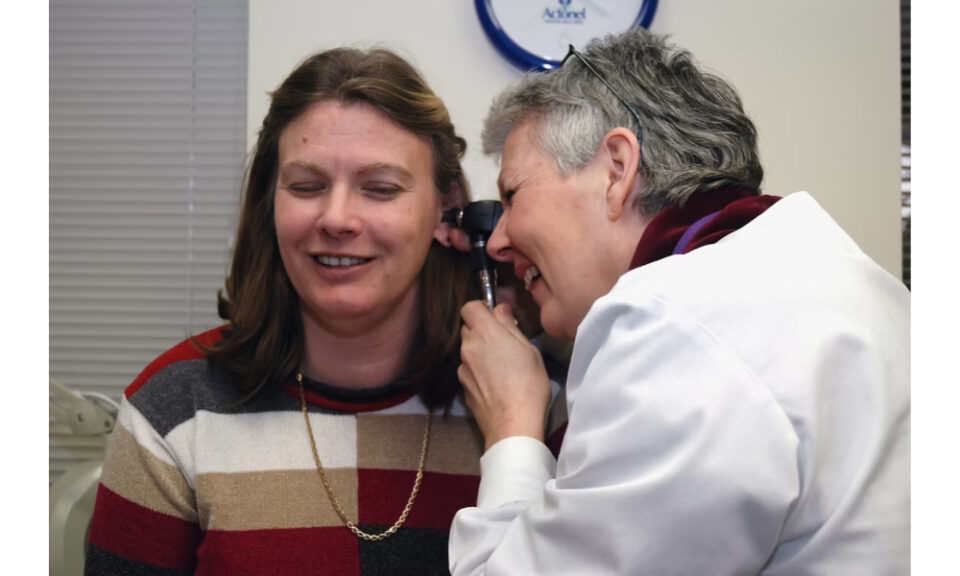Home care is a crucial support system for individuals who need medical assistance but prefer the comfort of their own surroundings. Within this setup, an audiologist becomes an essential professional. Audiologists are healthcare experts specializing in diagnosing, managing, and treating hearing and balance disorders. Their expertise extends beyond just hearing tests. They provide critical services that ensure individuals maintain their quality of life, even within a home care environment.
Identifying Hearing Issues Early in Home Care
Hearing problems can be subtle. Often, individuals may not realize they are experiencing hearing loss until it significantly impacts their daily life. In home care settings, an audiologist is essential for early identification of these issues. They conduct comprehensive hearing assessments, identifying even minor problems before they become severe. This early detection is vital because untreated hearing loss can lead to isolation, depression, and cognitive decline. With an audiologist’s regular evaluations, these risks are minimized.
Customizing Hearing Solutions for Home Care Patients
Not all hearing problems are the same. Some individuals may require hearing aids, while others might benefit from assistive listening devices or therapy. An audiologist in a home care setting customizes solutions to match the patient’s needs. They ensure that hearing aids are correctly fitted, programmed, and maintained. Moreover, they educate the patient and their family members on how to use these devices effectively, making communication smoother and reducing frustration.
Regular Monitoring and Maintenance of Hearing Aids
In a home care environment, maintaining hearing aids is as important as providing them. An audiologist ensures that these devices are always in perfect working condition. They conduct regular checks, clean the devices, replace batteries, and fine-tune settings to suit the patient’s changing hearing needs. Such regular monitoring prevents device malfunctions, which could otherwise lead to communication problems and increased isolation.
Promoting Better Communication with an Audiologist’s Guidance
Communication is at the heart of home care. But for individuals with hearing loss, maintaining clear communication can be challenging. An audiologist provides guidance on improving communication between the patient and caregivers. This includes teaching caregivers how to speak clearly, use visual cues, and maintain a quiet environment to enhance understanding. These strategies ensure that the patient stays connected and engaged with those around them.
Addressing Balance Issues in Home Care with an Audiologist
Hearing and balance are closely linked. Many individuals who experience hearing loss also struggle with balance problems, increasing their risk of falls. In home care, an audiologist assesses and addresses these balance issues. They recommend balance exercises, provide guidance on home safety, and even work alongside other healthcare professionals to ensure the patient remains steady and secure. This holistic approach protects the patient from injuries and enhances their overall quality of life.
Conclusion
Home care is about providing personalized, compassionate support in a familiar environment. But for individuals with hearing or balance problems, it can be challenging without the right help. An audiologist is not just a healthcare provider but a key partner in maintaining the patient’s quality of life. From early detection of hearing issues to personalized solutions and continuous support, their role is irreplaceable. Choosing home care without considering the expertise of an audiologist is overlooking a critical aspect of patient well-being.

